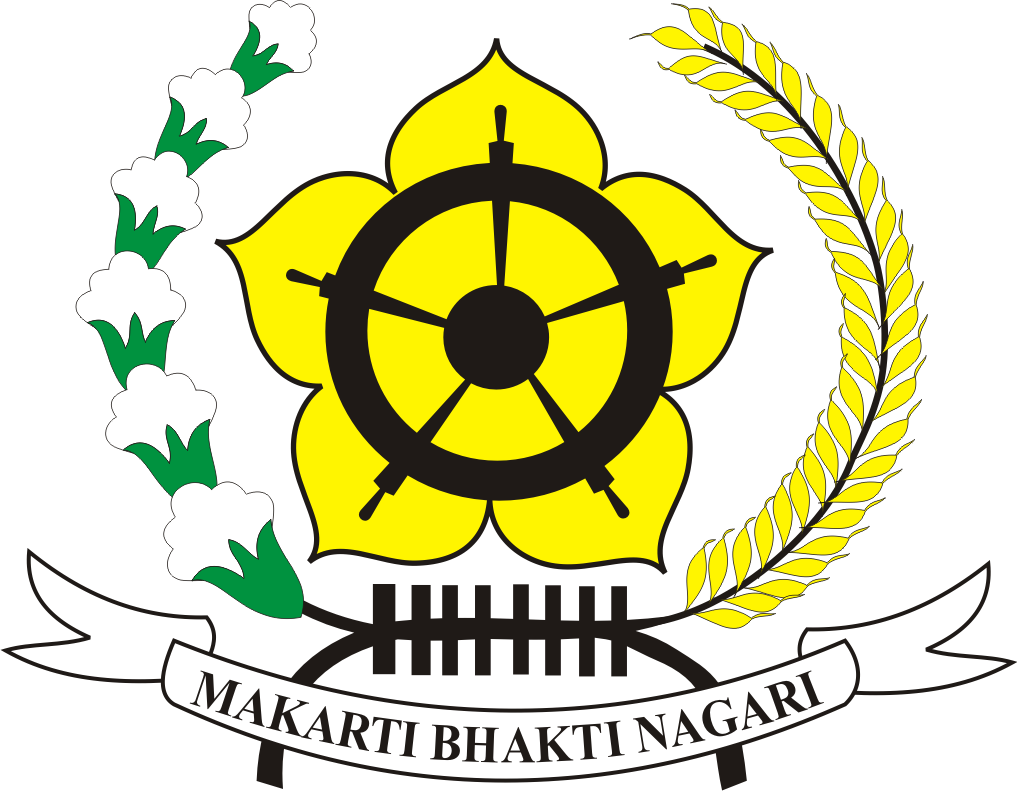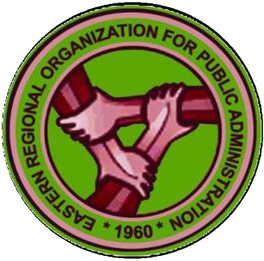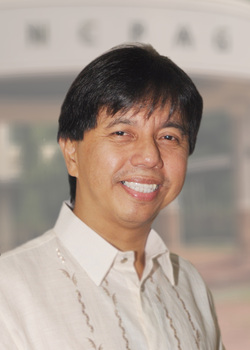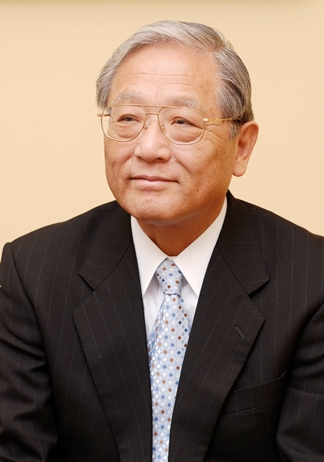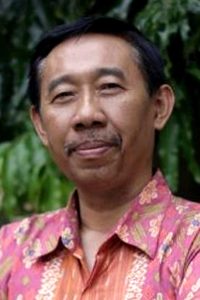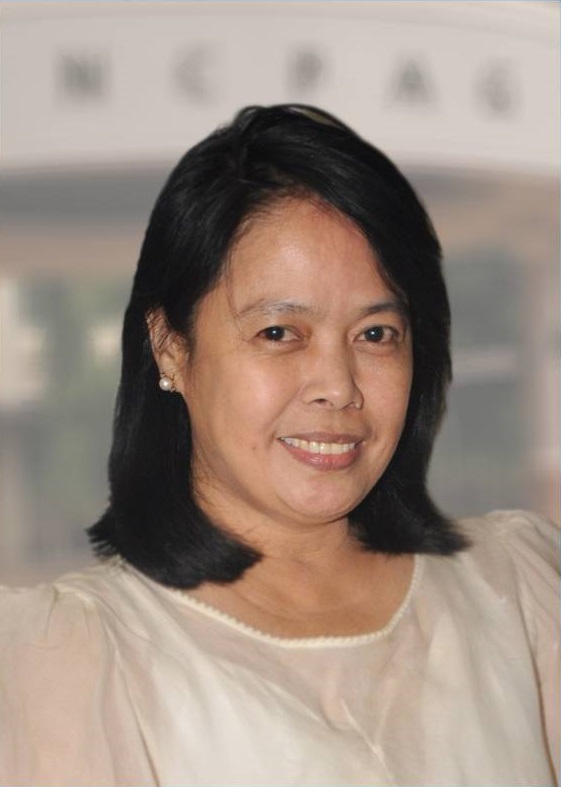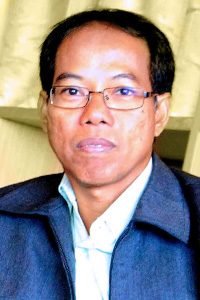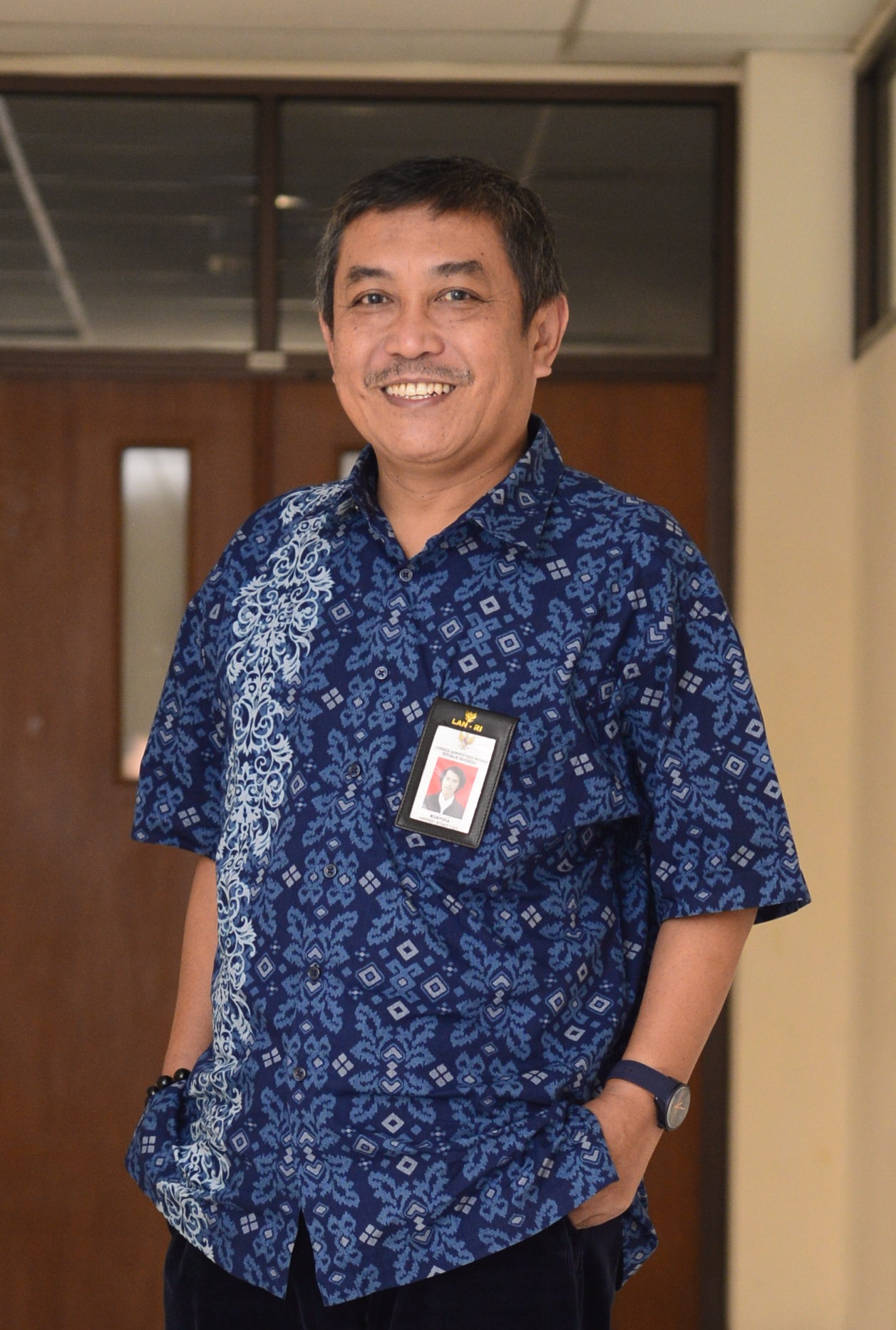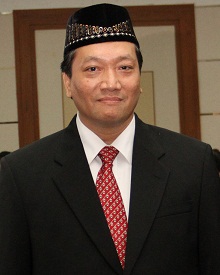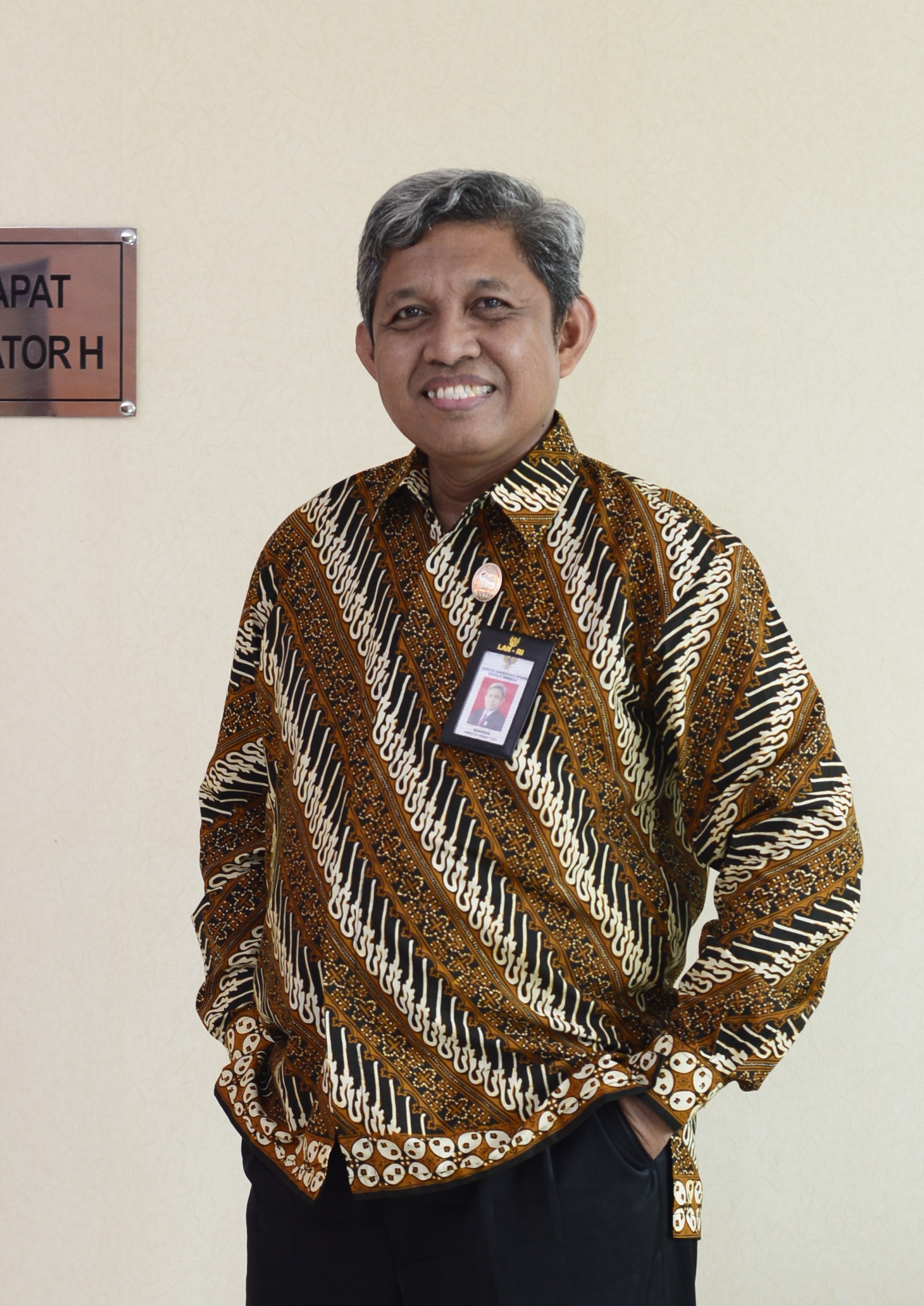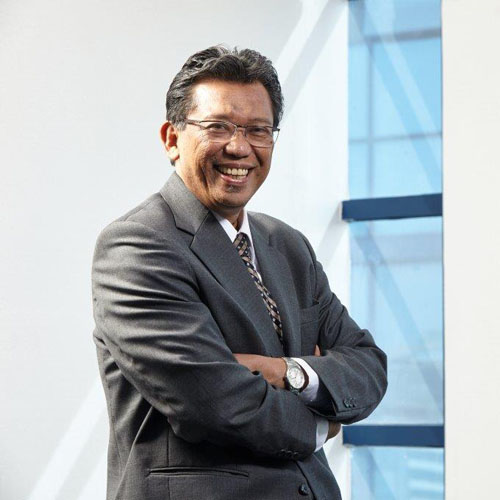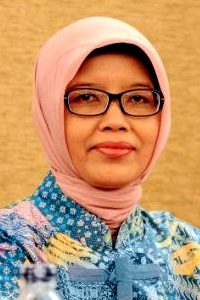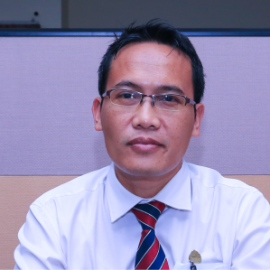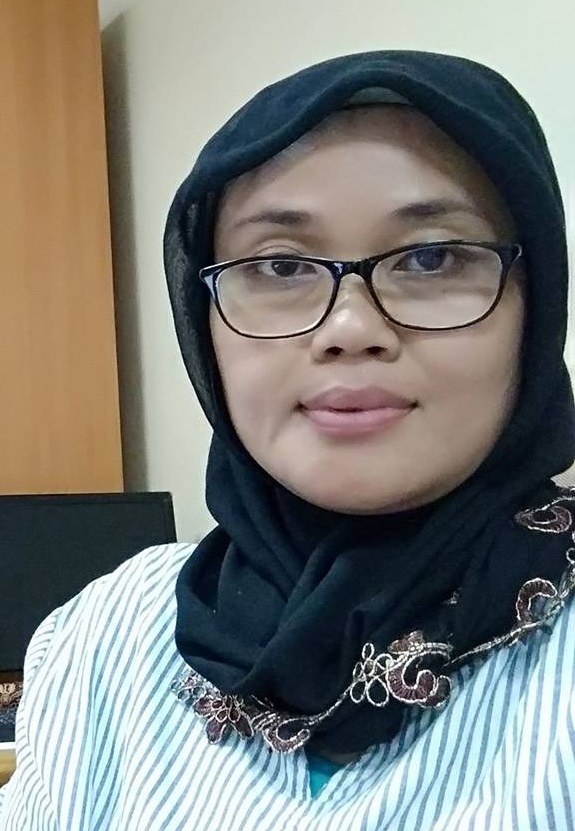Recently, many research institutions released reports on the main forces that drive the future of the world, namely the global megatrends. Some of these significant forces include the growth of technology, climate change, ageing population, urbanization, and shifts in economic power. In private sector, it is argued that the global megatrends have opened the way for the fourth industrial revolution. The trends have changed the way business people behave and build strategies. Governments and other public sector actors across the globe have also responded to the trends, either by riding the opportunities provided by the trends or by mitigating the risks that follow. Their responds include, to name some, changes in the way government manages its civil service, innovative approaches in the delivery of public services, shifts in governance institutions, and reinvention of public sector ethics.
The National Institute of Public Administration (NIPA, also known as LAN) as the host for the EROPA Conference 2018 invites professionals, scholars and practitioners, graduate students and researchers in the Asia-Pacific and beyond to present their research, insights, and experiences on public administration and its contribution to manage the global megatrends.

Remaining time for the event









